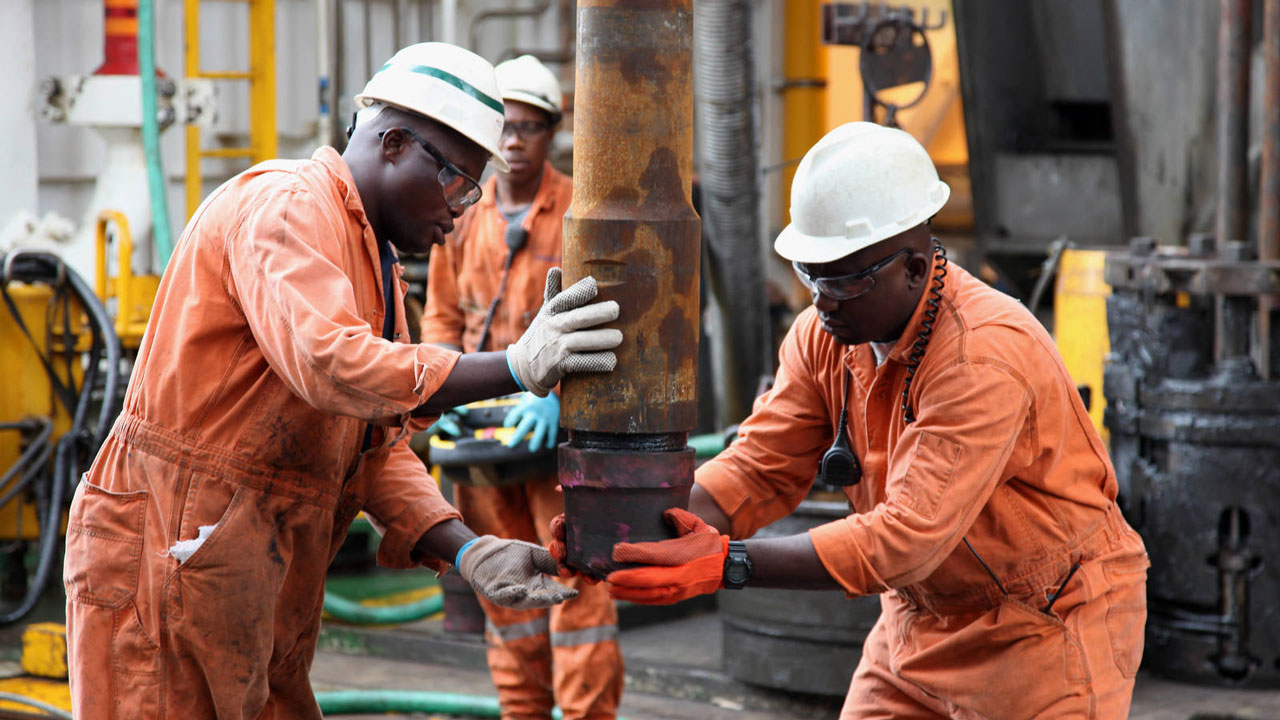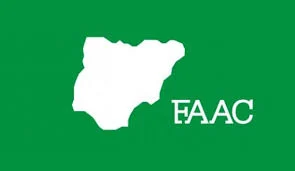Business
Renaissance to push Nigeria’s oil output above two million bpd

Pledges commitment to domestic crude obligations
Nigeria’s crude oil production outlook received a boost this week as Renaissance, the new owner of Shell’s onshore assets, pledged to ramp up output to 500,000 barrels per day (bpd) in the medium term while securing fresh financing to fund its expansion strategy.
Speaking at the African Energy Week in Cape Town, the company’s Managing Director, Tony Attah, stated that Renaissance was committed not only to scaling up oil and gas production but also to fulfilling its domestic supply obligations and advancing Africa’s broader energy security.
He noted that the company was meeting the obligations, which were already in place with marginal refiners.
Renaissance formally took over Shell’s onshore portfolio in a $2.4 billion transaction finalised on March 13. The acquisition, widely described as the largest oil deal in Nigeria to date, transferred 18 blocks, infrastructure, and a substantial workforce into Renaissance’s control.
According to Attah, the deal is more than a change of ownership: “We want to become a truly African company. Africa is our vision, and we intend to deliver it through scale, governance, and leadership.”
Since the handover, Renaissance claimed to have lifted production from about 140,000 bpd to 240,000 bpd within its first 100 days. The company attributed this 100,000 bpd increase to tighter security, operational improvements, and renewed motivation among staff.
“Many Nigerians felt challenged by the takeover, but also inspired to prove that we could run these assets successfully,” Attah explained.
The company now aims to increase output to 300,000 bpd by 2025, supported by active drilling campaigns and the completion of its first new well. In the long term, Renaissance has set a target of 500,000 bpd. If achieved, this would mark one of the largest single contributions to Nigeria’s oil recovery efforts since output slumped in recent years.
Nigeria produced around 1.63 million bpd in September, according to industry data. An additional 60,000 bpd from Renaissance’s near-term push could bring national production close to 1.7 million bpd. Meeting its 500,000 bpd ambition would add 200,000 bpd more, potentially lifting Nigeria above the 2 million bpd mark, a critical threshold for fiscal stability given the government’s dependence on crude revenues.
While noting that crude remained a priority for the organisation rather than gas, he said Renaissance was also pushing gas as a strategic priority.
By positioning itself as both a commercial player and a developmental partner, Renaissance stated that it would redefine expectations of indigenous operators; however, questions remain over whether its ambitions can withstand the pressures of security, funding, and regulation.
-

 Politics10 hours ago
Politics10 hours ago2027: IBB meets Atiku, Makinde
-

 Business11 hours ago
Business11 hours agoFX market gap widens first time in three years
-

 News11 hours ago
News11 hours agoThe increase in phone snatching and the need to curb the menace
-

 News11 hours ago
News11 hours agoStates pay N455bn to service foreign loans
-

 Business10 hours ago
Business10 hours agoNigeria’s food import waiver cut prices and wiped N5trn off farmers’ incomes in 2025
-

 News10 hours ago
News10 hours agoJudicial corruption worse than armed madman – NBA
-

 News11 hours ago
News11 hours agoNigeria to tax 80% informal workforce using presumptive taxes
-

 Metro11 hours ago
Metro11 hours agoResidents protest rising crime, gang clashes in Oshodi


















